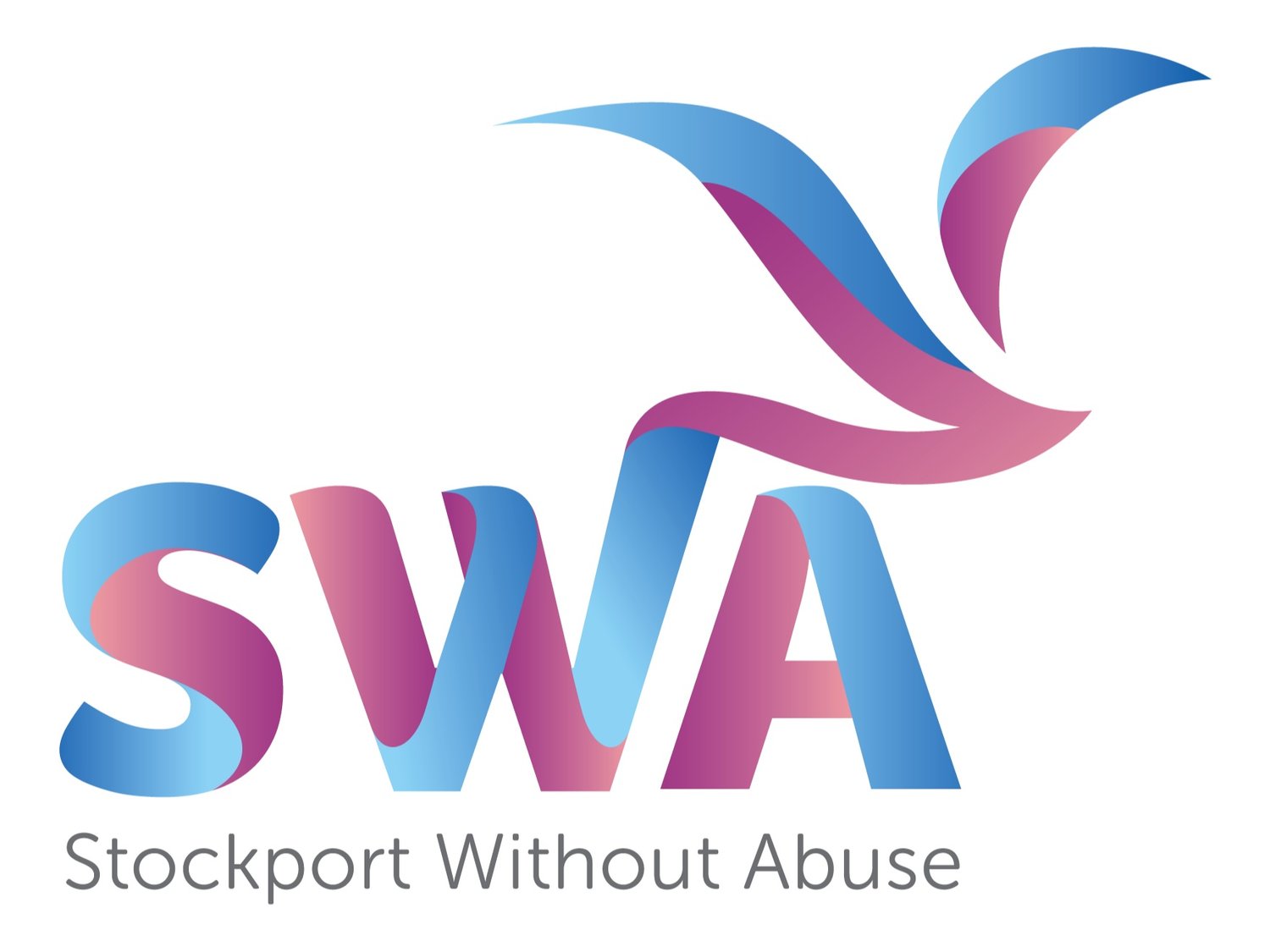
Recognising Domestic Abuse
Are you being abused?
The Governments definition of domestic abuse is:
“Any incident of threatening behaviour, violence or abuse (psychological, physical, sexual, financial or emotional) between adults who are or have been intimate partners or family members, regardless of gender or sexuality.”
This includes issues of concern to black and minority ethnic (BME) communities such as so-called ‘honour killings’. Anyone can experience domestic abuse regardless of gender, race, ethnic or religious group, sexuality, disability or lifestyle.
One in four women and one in six men will experience domestic abuse in their lifetime.
Domestic abuse can include, but is not limited to, the following:
Domestic abuse occurs across society regardless of age, gender, race, sexuality, wealth and geography.
Typically, domestic abuse escalates over a period of time and victims of abuse may experience several different types of abuse from the same perpetrator.
About Domestic Abuse
Keeping Safe
If you are in danger, you should contact the Police on 999 and try to get out of your home. Stay near a door and avoid the kitchen.
Research
(A thesis submitted to the University of Manchester by Dr Lynda Warren Dodd)
Love or Control?
Abuse or violence in a relationship is about a pattern of behaviour that one person uses against another to intimidate them and to get them to do what THEY want.
But many people don't realise that this sort of behaviour described is actually abusive. Emotional, financial or sexual abuse can be just as harmful.as physical violence. Even when severe abuse is taking place, jealous and possessive behaviour can be mistaken for love. But this kind of treatment is about control, not love.
If you are able to, plan to leave
Collect and have available the telephone numbers you will need in an emergency such as local refuge provider, GP, Social Worker, Local Authority Housing Office, Solicitor.Include telephone numbers of friends or family you feel you could contact. Make a mental note of them if you feel writing them down will endanger you.
Teach your children to call 999 in an emergency, and what they would need to say. For example their full name, address and telephone number.
If you have a mobile, try to keep it with you at all times. If you have a car, keep a set of keys in a place where you can easily get hold of them. Ensure you have sufficient prescribed medication if appropriate.
Try to find ways keep some money to one side for use in emergencies, such as transport fares.
Rehearse an escape plan for you and your children to leave the house as safely as possible, and be prepared to leave in an emergency.
Keep an emergency bag packed and ready to take. Collect important and identification documents gathered together. You should try to include birth certificates, passports, bank account details, evidence of welfare benefits and housing documents
Facts & Figures
1 in 4 women are expected to experience Domestic Abuse at some point in their lifetime.
24% of all reported violent crimes are Domestic Violence incidents.
On average, 2 women each week are killed by their partner or former partner
11% of men are likely to be victims of repeated incidents of domestic abuse
On average a woman will have suffered 35 attacks before calling the police.
Around 750,000 children are expected to live in households involving Domestic Abuse each year.
25% of all Child Line phone calls are from children who live with Domestic Abuse.
45% of rapes are committed by the victim’s partner.
The estimated total cost of domestic abuse to society in monetary terms is £23 billion per annum.
Male Victims of Domestic Abuse
You are not to blame
You are not weak
You are not alone
One in six men will be a victim of domestic abuse in their lifetime. We understand that male victims face many barriers when seeking support for domestic abuse. In some cases, you may not even realise that you are experiencing abuse and it’s your friends and families that reach out for support.
If you are a male victim of domestic abuse, you are not alone, we are here to help. No matter what your background, age, job, race or sexuality, we are here to give all the support we can.
Hiding Your Online Activity
Many browser types have features that display recently visited sites. Your partner could discover your online activities. They may also be suspicious if you have taken steps to cover your tracks. The safest way to find information on the Internet would be at a local library, a friend’s house or at work. You should also take care if your abuser has access to your email account. There is some excellent advise on keeping yourself online provided by Women’s Aid https://www.womensaid.org.uk/information-support/what-is-domestic-abuse/cover-your-tracks-online/





